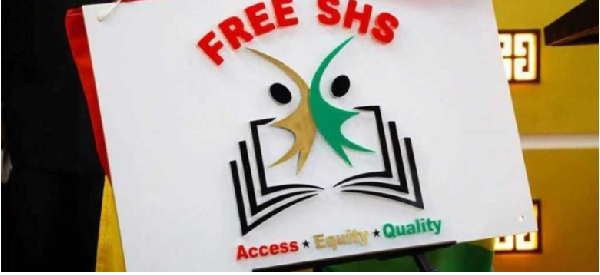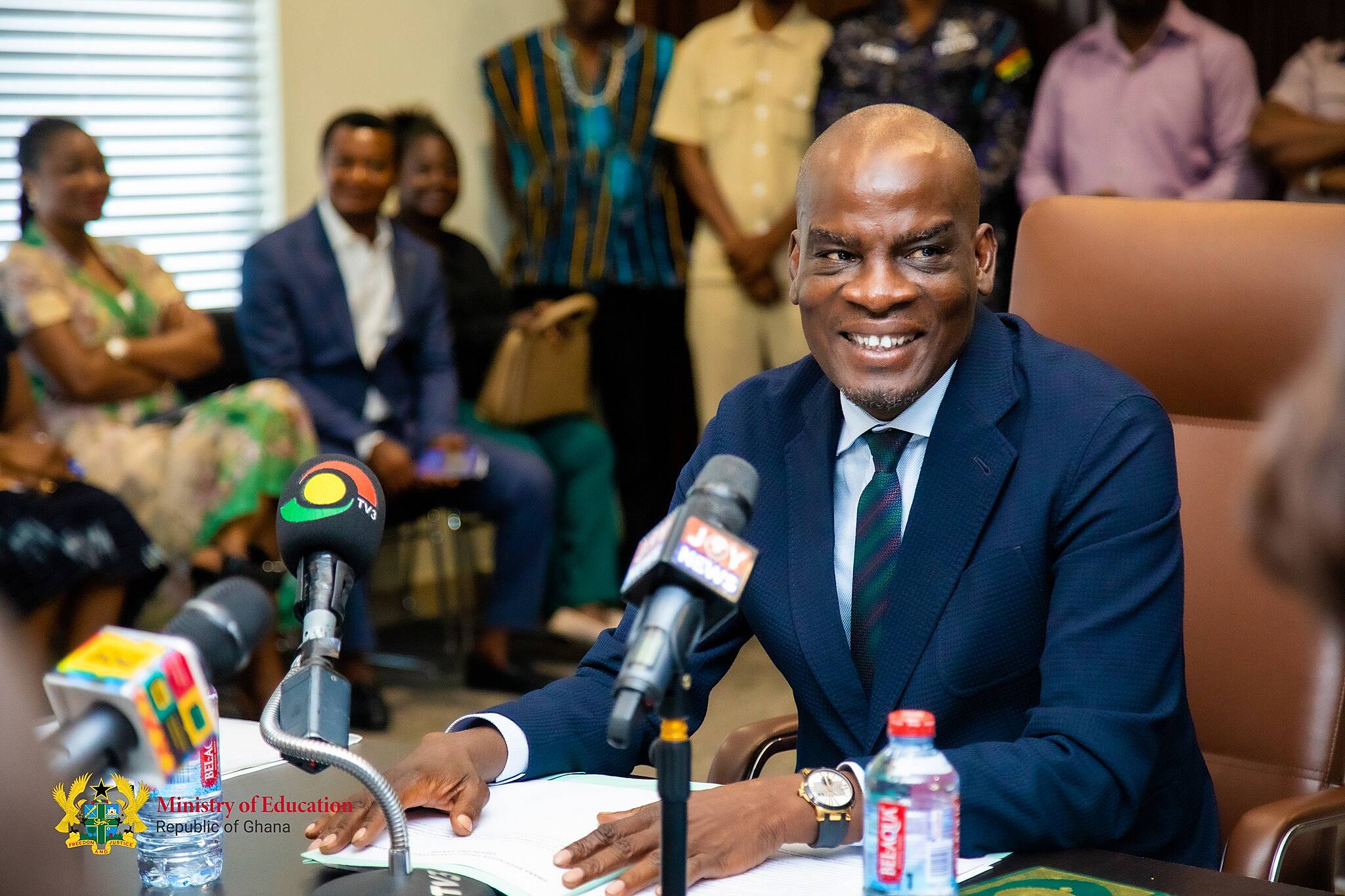Government Extends Free SHS to Private Schools
The Government of Ghana has formally extended its flagship Free Senior High School (Free SHS) programme to selected private schools for the first time, signaling a new phase in national education reform. The move, which aims to reduce overcrowding in public schools and expand access to quality secondary education, has been widely welcomed by stakeholders.
The policy extension follows the signing of a Memorandum of Understanding (MoU) between the Ministry of Education and the Conference of Heads of Private Second Cycle Schools (CHOPSS) in Accra. Under the agreement, government will pay GH₵994 per student annually to cover the cost of tuition for about 25,000 day students placed in private senior high schools across the country.
Education Minister Haruna Iddrisu said the initiative is part of a broader effort to ensure that every qualified student gains access to secondary education without infrastructure bottlenecks. He noted that the GH₵994 allocation will initially cover only day students, but discussions are underway to refine the support structure depending on the outcomes of the pilot phase.
“This is a practical solution to the growing demand for senior high school placements,” the minister said. “We are piloting this model to assess how private schools can complement government efforts in expanding access to quality education for Ghanaian youth.”
The Ghana National Council of Private Schools (GNACOPS) has commended the government’s decision, describing it as a major milestone after years of dialogue and advocacy. Executive Director Obenfo Nana Kwasi Gyetuah said the initiative represents a long-awaited opportunity for private schools to contribute meaningfully to the Free SHS agenda.
“For a very long time, private schools have been calling for inclusion in the Free SHS programme,” Mr. Gyetuah told the media. “While GH₵994 per student may appear modest, it is a good start and a sign of commitment from government to strengthen public-private partnerships in education.”
He explained that the allocated funds are intended to cover operational costs associated with day schooling, while the Ministry of Education will provide other forms of assistance as outlined in the MoU. The programme, he added, is expected to assess how effectively private schools can support the delivery of quality education under the Free SHS framework.
“Our understanding is that this is a pilot initiative meant to evaluate how well this collaboration will work,” he noted. “It’s an opportunity for both the public and private sectors to learn from each other and create a sustainable model for education financing in Ghana.”

The Free SHS policy, launched in September 2017, has dramatically expanded access to secondary education, allowing thousands of students from low-income families to attend senior high school at no cost. However, the success of the initiative also led to severe congestion in public schools, forcing government to introduce the double-track system in 2018 to manage overcrowding.
Education experts believe the inclusion of private schools could help ease these challenges. Ghana currently has more than 900 registered private senior high schools, many of which operate below capacity. Integrating some of these schools into the Free SHS policy will not only make better use of available infrastructure but also help ensure that all students placed by the Computerized School Selection and Placement System (CSSPS) secure a seat.
According to CHOPSS President I.K. Mensah, parents who prefer to have their children enrolled as boarders would only be required to pay the difference between the government subsidy and the school’s boarding fees. He expressed optimism that the collaboration will reduce the burden on public schools while maintaining academic quality.
“This partnership gives parents more options and helps address overcrowding in public institutions,” he said. “It is a win-win arrangement for students, schools, and government.”
Extending the Free SHS programme to private schools carries significant implications for Ghana’s education landscape. It reflects a growing recognition that private institutions can play an essential role in achieving universal secondary education.
Ghana’s Gross Enrollment Ratio (GER) for secondary education has improved in recent years, rising from 58% in 2016 to over 70% in 2023, according to the Ministry of Education. Yet, infrastructure constraints and teacher shortages continue to limit the policy’s full impact.
By leveraging the capacity of private schools, government can bridge gaps in access, particularly in urban and peri-urban areas where public schools are overstretched. It may also help promote a more inclusive education system, ensuring that no qualified student is left behind due to placement limitations.
Education policy analysts argue that if the pilot proves successful, it could lay the groundwork for a permanent public-private partnership model in secondary education financing. Such collaboration could also serve as a model for other African countries pursuing similar education reforms under resource constraints.

While the initiative has been largely welcomed, some observers caution that its success will depend on effective monitoring, transparent allocation of funds, and quality assurance mechanisms. They emphasize that clear accountability frameworks must be established to ensure the subsidy is used solely to improve teaching and learning outcomes.
For GNACOPS and CHOPSS, the pilot represents not just financial relief but a recognition of private schools’ contributions to national development. Both groups say they are committed to ensuring the programme delivers tangible results that justify its expansion.
If successful, the partnership could signal a new era of cooperation in Ghana’s education system one where public and private schools work hand in hand to provide equitable access to quality education for all Ghanaian children.
For now, the GH₵994 per student allocation stands as a symbolic but strategic investment in Ghana’s long-term vision of inclusive, sustainable, and high-quality education delivery.
Read also: Ghana Health Service Warns of Rising Seasonal Flu Cases, Urges Public Vigilance

